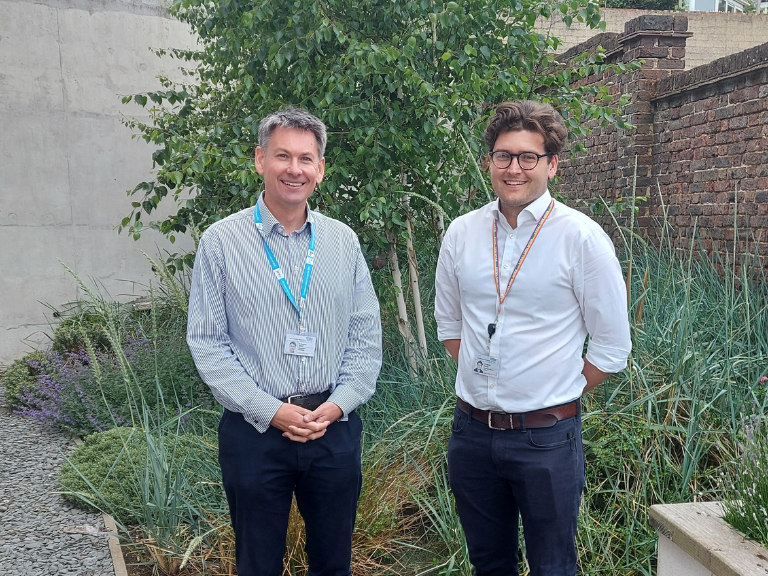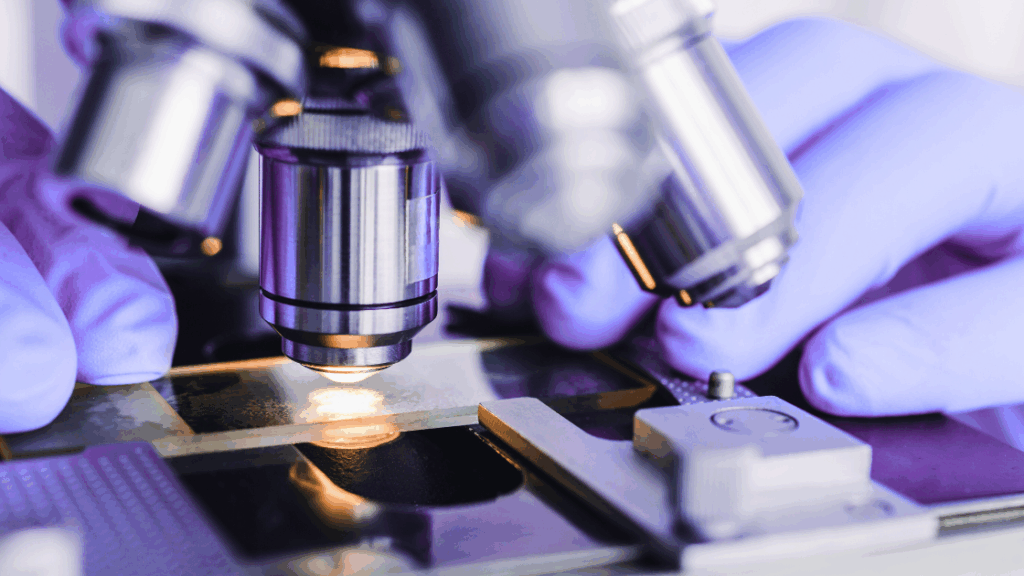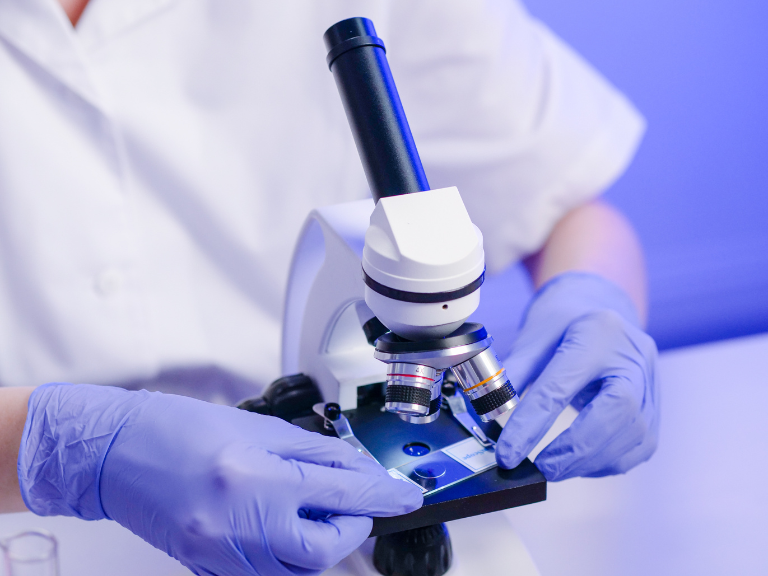Background
Most patients with Anal Cancer are treated with a combination of chemotherapy and radiotherapy (chemoradiotherapy). For the majority of patients, this treatment aims to provide long-term cure. The current priorities for anal cancer research are how to improve response rates for patients with locally advanced disease and how to prevent and treat the side effects of treatment in order to improve long-term quality of life.
The gut microbiome refers to the collection of bacteria and microorganisms which colonise our bowel. There is evidence to suggest that changes or imbalances to our microbiome are related to a wide spectrum of diseases including obesity, liver disease, inflammatory bowel disease, and colorectal cancer. In oncology, there is emerging evidence that the composition of the gut microbiome might be able to predict responses to immune checkpoint inhibitors, and attempts to modulate the microbiome have the potential to improve patient outcomes.
The project
The role of the microbiome in anal cancer is not well understood and this project is a unique opportunity to investigate it further. We plan to recruit patients with a diagnosis of anal cancer who are undergoing chemoradiotherapy within the established PLATO ACT 5 trial. PLATO is a phase 3 randomised controlled trial which is recruiting patients in multiple centres throughout the UK, investigating whether increasing the dose of radiotherapy delivered can improve outcomes in patients with locally advanced anal cancers.
Patients entering the trial will have the opportunity to take part in a microbiome sub-study. We will collect faeces and urine samples from patients before chemoradiotherapy and after they have completed treatment. We hope that analysis of these samples, alongside the treatment outcomes from the trial, will help inform:
1. Whether the microbiome of patients with anal cancer is different from those without it.
2. How the microbiome changes during chemoradiotherapy treatment
3. How the microbiome might predict response to treatment or long-term side effects.
Project update:
· We have been busy working in collaboration with the trials management team at the University of Leeds who are responsible for the PLATO Act 5 trial to write an amendment to the trial protocol which will allow us to obtain the extra samples required for the microbiome analysis. This has been submitted for ethics approval.
· We have been recruiting additional sites around the UK so that we can obtain samples from multiple cancer centres. This includes ensuring staff are trained to collect, handle and store the samples.
Plans for the future:
· Once our sub-study has ethical approval, we hope to begin recruiting patients at multiple sites across the UK. We hope our first patients will recruit in May/June 2022.
· We aim to recruit 55 patients in total and predict this could take 6 – 9 months in total.


